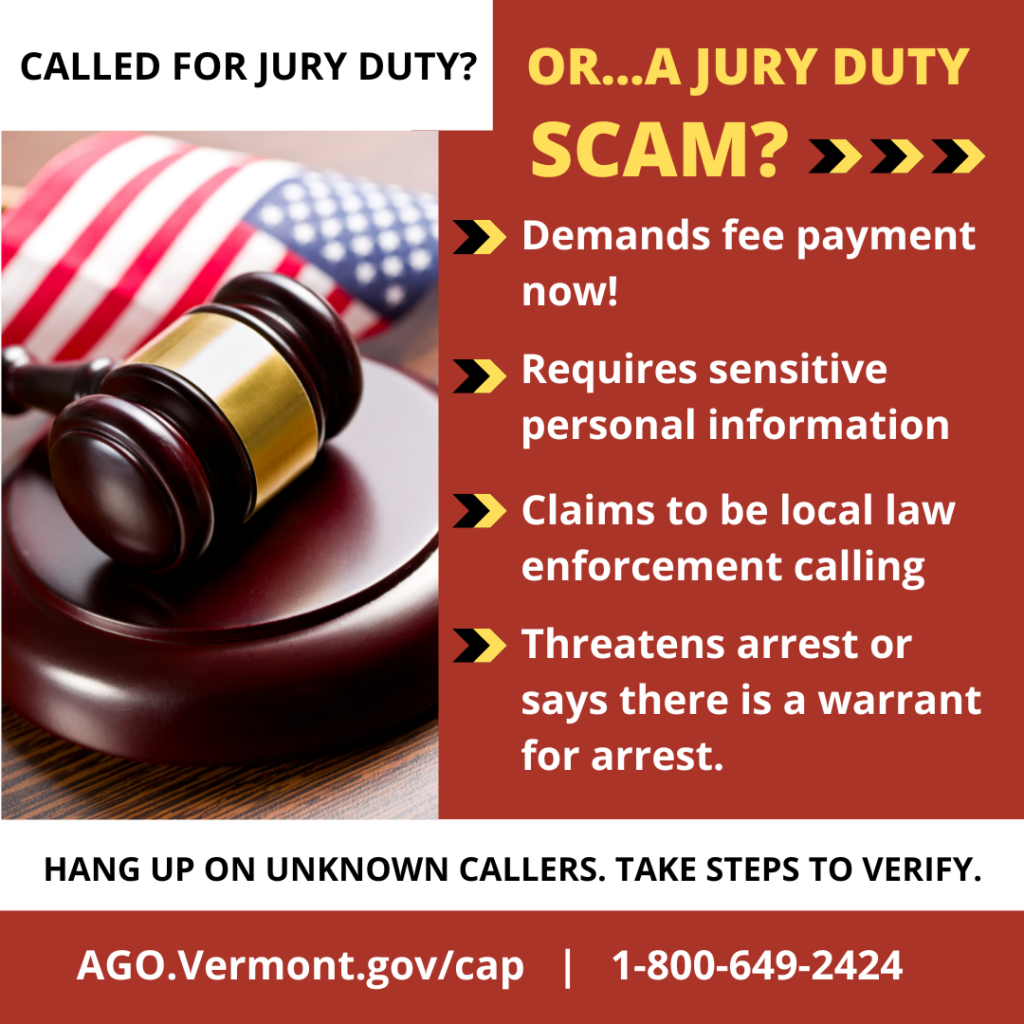I get so many data breach notices that I am starting to view them as routine. Because of this, I decided to freeze my credit a long time ago. It is free, I am not looking for credit right now, and it gives me peace of mind that an identity thief cannot easily go about opening new accounts in my name without my knowledge or consent. When I got a notice yesterday that PowerSchool accounts related to my children were compromised, my stomach twisted into a knot. This is something new. This is something I am not used to having to think about. This is something I will need to address.
As parents, we have a responsibility to keep our children safe and help them find their way to prosperity. When a notice says that some of our child’s information has been obtained by sources unknown to us, the alarm sounds that the child’s financial future might be jeopardized if their currently nonexistent credit record is ransacked by fraudsters.
What is a parent to do?
Monitor: Keep track of the information sent from the school and the breached company to stay informed on what information was breached. If you are identified as an impacted individual, you will likely be contacted again. It is important to verify the source of the contact and the information. The Attorney General’s Office posts breach notice letters so that you can verify the information on the notice you received is legitimate. Also, continue to regularly review credit reports.
More on credit monitoring
You can get a free credit report from each of the three credit reporting agencies annually, online, at www.annualcreditreport.com, or you can mail in a form
Safeguard: Be vigilant. Consider placing a freeze on your child’s credit report now, so you can worry less about potential identity theft. Children aren’t opening accounts right now anyway.
You can freeze yours too, while you are at it. Before you start this process, decide on a secure place you will keep the passwords or pin numbers. There will likely be a day you will need to access credit and you will want to lift the freeze at your convenience.
More on credit alerts and freezes
Place a fraud alert or freeze on your credit reports. You can find out more information from the Federal Trade Commission about fraud alerts and freezing your credit files. To place a fraud alert or freeze on your credit files, contact the three credit reporting agencies listed below.
Credit Bureau Fraud Contacts:
EQUIFAX 1-800-685-1111
EXPERIAN 1-888-397-3742
TRANSUNION 1-888-909-8872
Be on guard: Name, address, and birthdate are pieces of information needed to open credit. So, be particularly cautious of phishing attempts that may contact you to obtain the Social Security number, or part of it.
There are more scams than just identity theft to watch out for. The fact that phone numbers and email addresses were breached may not seem as problematic, but don’t forget that scammers like to use phone numbers to robocall and emails to spam. You may be less cautious if you think the contact comes from the school district, such as with spoofed phone numbers. You will need to verify every communication that requires your action.
Know the experts: For thorough step by step guides on identity theft prevention after a data breach, the Federal Trade Commission is your primary resource:
Breach next steps:
https://www.identitytheft.gov/databreach
Child identity theft:
https://consumer.ftc.gov/articles/how-protect-your-child-identity-theft
Learn more on the Vermont Attorney General’s website:
https://ago.vermont.gov/cap/scam-prevention-through-awareness-and-education/identity-theft
References:
Federal Trade Commission: consumer.ftc.gov and identitytheft.gov


